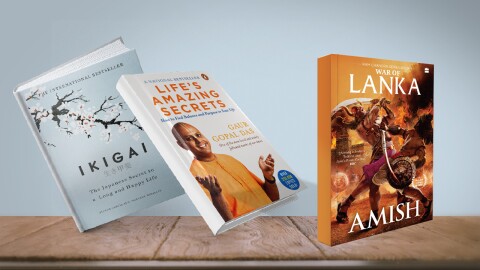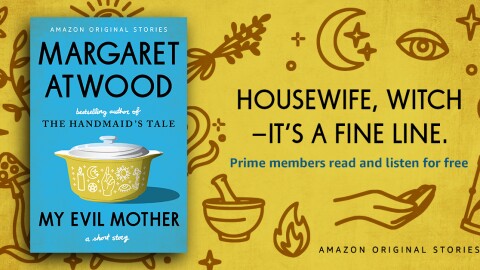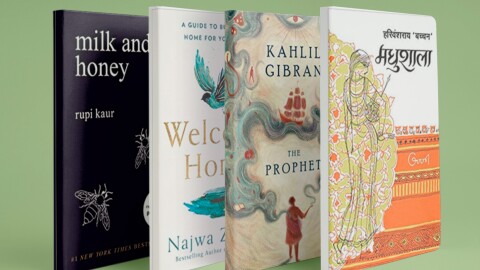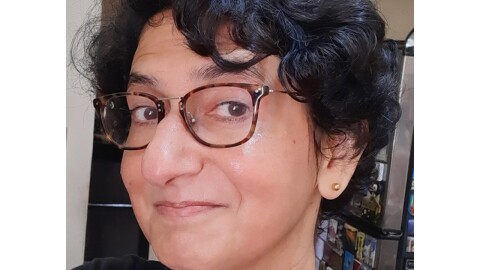Most authors are guilty of spending a considerable amount of time deliberating over the theme of what they are going to write next. And rightfully so, for writing, the associated loneliness aside, is also an extremely demanding and laborious vocation. It’s only apt then that an author expends his efforts behind something that readers will truly find value in. For first time authors the problem gets further compounded due to commercial considerations like the publishability and sales potential of a particular subject.
Is there some method to this madness then, some way in which writers can zero-in on the right subject to write?
Perhaps not, for writing is a form of expression – an abstract art rather than a precise science – and any emotion, when expressed sincerely, will find its takers. We have all heard of authors who, despite the initial flurry of rejections they faced, remained unwavering in their belief and were able to earn their rightful place in the world of bestsellers. This establishes two things: One, determination and hard work don’t go unrewarded, even when it comes to writing. And two, there is no science to selecting a subject that will be lapped up by publishers and readers alike.
But the likes of J. K. Rowling or Amish are not the norm. While each piece of writing is unique in its own right, most authors refrain from treading uncharted territory when it comes to selecting a subject to write on. And when fishing in familiar waters, there are certain guiding principles which, when adhered to, increase an author’s chances of landing a whopper.
The first such principle is for an author to stick to where his strengths lie. Every author has a unique style of writing, and each style is best suited to a specific genre. Imagine a miserly worded work of romance and now imagine a murder mystery written in excessively descriptive prose. There can exceptions of course, but I bet you get the drift.
The next thing an author must do is to study the prevailing trends in the industry. Books of which genre, or what sort of story lines are selling more than the others. This can be done by browsing through bestseller rankings on Amazon and other e-commerce portals or by simply chatting up with book salesmen at the stores.
Some might argue that writing on a subject similar to recent bestsellers will only result in a me-too output, or that a good book is immortal and will be read irrespective of what else is selling at any given point. Both these arguments hold some substance. Classics are called classics for a reason, and they remain so no matter what the season. The trouble however is that an average reader is not someone who normally reads classics.
An average reader reads what people around him are reading, or something that comes highly recommended by his peers. For him reading, or at least the what-to-read of it, is no more than a fad. It is for this reason that when a chic-lit book becomes a hit, several alike titles emerge and find a ready base of readers. Or when mythological fiction becomes hot property, publishers make a beeline for commissioning scripts in a similar space. Why then should there be a problem if an author spots a trend early and decides to throw his hat in the ring?
The right thing to write is nothing but an intersection between what the readers are willing to read and what the author is capable of creating. And any amount of time that an author spends in identifying this sweet spot is worth its weight in gold.












